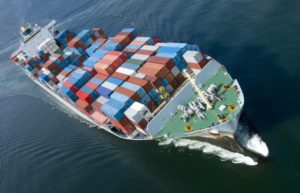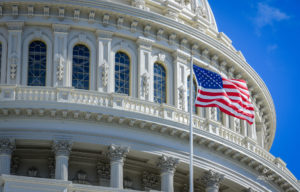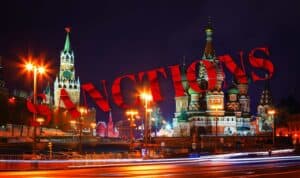News & Insights
North Korea (Again) Designated by the United States as a State Sponsor of Terrorism
On November 21, 2017, the United States formally re-designated North Korea as a State Sponsor of Terrorism for, among other reasons, conducting six nuclear tests, firing ballistic missiles over Japan, engaging in suspected arms transfers to terrorists, and the assassination of the North Korean dictator’s half-brother in an airport in Malaysia. Although North Korea has long been subject to comprehensive U.S. economic sanctions, its re-designation as a State Sponsor of Terrorism enables the U.S. government to impose further sanctions—and such sanctions are expected to be announced by the Treasury Department’s Office of Foreign Assets Control (“OFAC”) later this week. North Korea rejoins Iran, Sudan and Syria as the current State Sponsors of Terrorism.
North Korea was originally added to the list back in 1988 by the Reagan Administration in response to the country’s involvement in international hijackings, kidnappings, bombings, assassination attempts, and the bombing of Korean Air Flight 858 in 1987. However, in 2008, the Bush Administration removed North Korea from the list because it was determined that North Korea had not sponsored any acts of terrorism since 1987, and its government had publicly stated that it would not support international terrorism in the future. Nevertheless, less than a year after its de-listing, North Korea conducted a nuclear weapon test and vowed to reopen its Yongbyon nuclear reactor for additional weapons tests.
Countries that are determined by the U.S. State Department to have provided support for acts of international terrorism may be designated on the list in accordance with Section 6(j) of the Export Administration Act, Section 40 of the Arms Export Control Act, and Section 620A of the Foreign Assistance Act. Once designated, a country will remain on the list until the U.S. government acts to rescind its designation. Designations may be rescinded if the President submits a report to Congress certifying that there has been a fundamental change in the leadership and policies of the listed country, the government is not supporting acts of international terrorism, and assurances have been made that the government will not support such acts in the future. In the alternative, a country may also be de-listed if the President submits a report to Congress, at least 45 days before the proposed rescission, certifying that the country has not provided support for international terrorism during the previous six months, and has provided assurances that it will not support acts of international terrorism in the future.
As noted above, most dealings and activities by U.S. persons involving North Korea are already prohibited under various statutes and regulations; however, North Korea’s re-designation as a State Sponsor of Terrorism will open the door to the imposition of additional economic sanctions on the country. U.S. exporters and multinational companies with operations around the world are urged to keep an eye out for the additional sanctions that may be imposed by OFAC sometime later this week, and update their embargo and economic sanctions compliance policies and procedures accordingly.
If you have any questions pertaining to the U.S. economic sanctions programs or other international trade issues, please contact Melissa Proctor at Miller Proctor Law PLLC (melissa@millerproctorlaw.com).
News & Insights

Amendments to the Federal Maritime Commission Regulations Governing Non-Vessel Common Carrier Negotiated Rate Arrangements and Negotiated Service Arrangements Are Now in Effect
As of August 22, 2018, per the final rule in FMC Docket 17-10, the Federal Maritime Commission (“FMC”) will now allow Negotiated Rate Arrangements (“NRAs”) to be amended at any time, to be accepted by booking a shipment and to

U.S. Suspends Export Privileges of Chinese Tech Giant ZTE
On April 16th, the U.S. Commerce Department’s Bureau of Industry and Security (“BIS”) imposed a denial order against ZTE Corporation and ZTE Kangxun Telecommunications, Ltd. (“ZTE Kangxun”), located in Shenzhen, China, for making false statements in violation of the companies’


